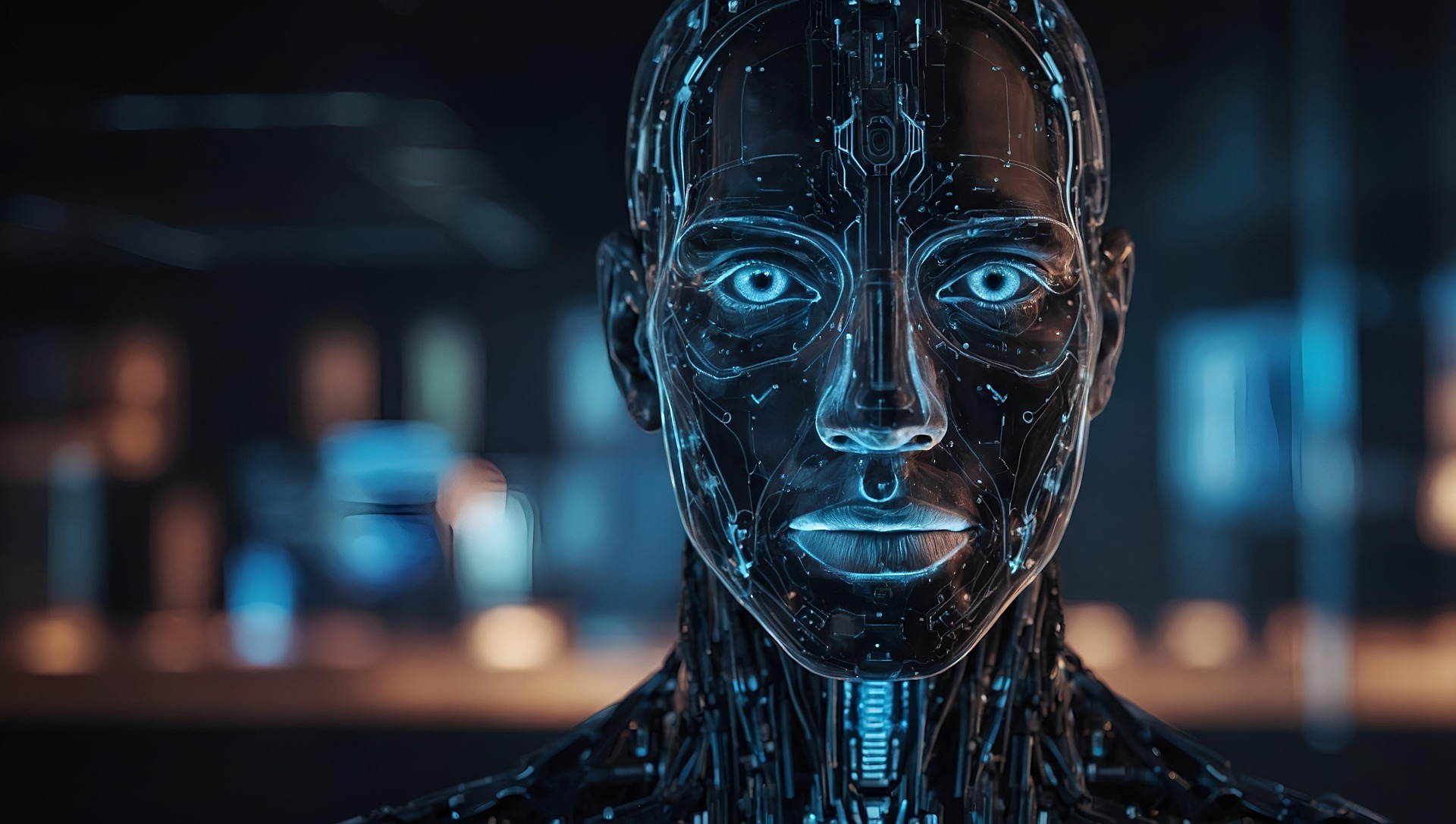Microlearning: The Future of Professional Development
Revolutionizing skill acquisition in today's fast-paced job market, microlearning emerges as a game-changing approach to professional development. This innovative learning strategy breaks complex topics into bite-sized, easily digestible modules, allowing professionals to upskill efficiently without disrupting their busy schedules. As industries evolve at breakneck speeds, microlearning offers a flexible, targeted solution for staying competitive and relevant in an ever-changing work landscape.

Advantages of Bite-Sized Learning for Career Growth
One of the primary benefits of microlearning is its ability to fit seamlessly into busy professional lives. Unlike traditional learning methods that require significant time commitments, microlearning modules can be completed in minutes, making it easier for employees to engage in continuous learning without sacrificing productivity. This accessibility promotes a culture of ongoing skill development, essential in today’s rapidly evolving job market. Moreover, the focused nature of microlearning content allows for immediate application of new skills, enhancing retention and practical value.
Implementing Microlearning in Your Professional Journey
Incorporating microlearning into your career development strategy requires a thoughtful approach. Start by identifying key skills or knowledge areas crucial for your professional growth. Look for reputable platforms offering microlearning modules in these areas, ensuring the content is up-to-date and industry-relevant. Set aside dedicated time each day or week for these short learning sessions, treating them as non-negotiable appointments with yourself. Consistency is key – regular engagement with microlearning content, even if just for a few minutes daily, can lead to significant skill improvements over time.
The Psychology Behind Microlearning’s Effectiveness
Microlearning’s success is deeply rooted in cognitive science. The human brain is wired to process information in small chunks, a phenomenon known as chunking in psychology. By aligning with this natural learning process, microlearning enhances information retention and recall. Additionally, the frequent reinforcement of concepts through repeated exposure in bite-sized formats strengthens neural pathways, making the learning more durable. This approach also taps into the dopamine reward system, as completing short modules provides a sense of accomplishment, motivating learners to continue their educational journey.
Microlearning and the Future of Work
As we look towards the future of work, microlearning is poised to play an increasingly critical role. The rapid pace of technological advancement means that skills can become obsolete quickly, necessitating a more agile approach to learning. Microlearning provides this flexibility, allowing professionals to adapt swiftly to new industry trends and requirements. Furthermore, as remote and hybrid work models become more prevalent, the need for self-directed, flexible learning solutions like microlearning will only grow. Companies that embrace this approach will likely see increased employee engagement, improved skill sets, and enhanced adaptability in their workforce.
Challenges and Considerations in Microlearning Adoption
While microlearning offers numerous benefits, it’s not without challenges. One primary concern is the potential for oversimplification of complex topics. Critics argue that some subjects require deep, prolonged engagement that can’t be achieved through bite-sized modules alone. There’s also the risk of fragmentation in learning, where learners might struggle to connect individual concepts into a cohesive whole. To address these challenges, it’s crucial to view microlearning as part of a broader learning ecosystem rather than a standalone solution. Combining microlearning with more traditional, in-depth learning experiences can create a balanced and comprehensive approach to professional development.
Measuring the Impact of Microlearning on Career Progression
Assessing the effectiveness of microlearning in career development requires a multifaceted approach. Traditional metrics like completion rates and assessment scores provide valuable insights but don’t tell the whole story. To truly gauge impact, professionals should track how often they apply newly acquired skills in their work, monitor improvements in job performance, and seek feedback from colleagues and supervisors. Long-term indicators such as career advancement, increased responsibilities, or successful transitions to new roles can also demonstrate the cumulative effect of consistent microlearning engagement. By regularly evaluating these factors, individuals can refine their learning strategies and ensure their microlearning efforts align with their career goals.
Embracing Microlearning for Continuous Growth
As the job market continues to evolve at an unprecedented pace, the ability to learn and adapt quickly has become a critical skill in itself. Microlearning offers a powerful tool for professionals to stay ahead of the curve, continuously updating their skill sets without overwhelming their schedules. By embracing this approach, individuals can cultivate a mindset of lifelong learning, essential for navigating the complexities of modern careers. As we move forward, those who master the art of microlearning will likely find themselves better equipped to seize new opportunities and thrive in an ever-changing professional landscape.






